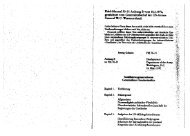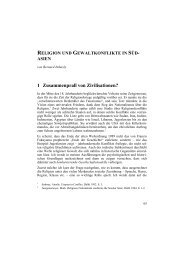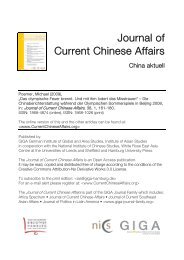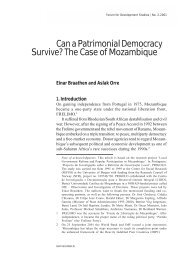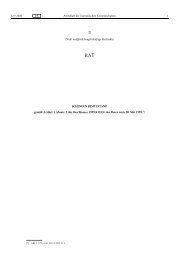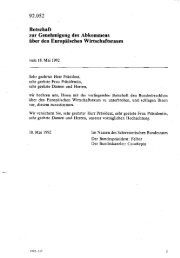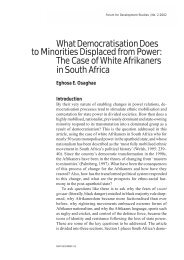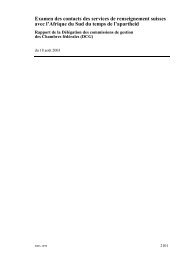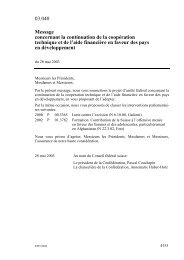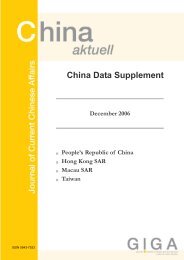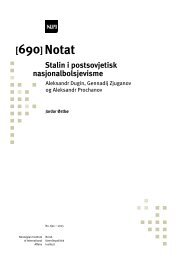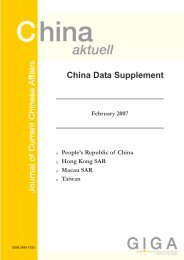Prophetic Politics
Prophetic Politics
Prophetic Politics
Create successful ePaper yourself
Turn your PDF publications into a flip-book with our unique Google optimized e-Paper software.
PROPHETIC POLITICS<br />
a number of subsidiary forms, notably the commandment, the parable, the<br />
aphorism, and the prophesy. Out of these, whether strung loosely together as<br />
they are in Koran or carefully edited and arranged as they are in the Bible, the<br />
scripture or sacred book takes shape. (1957: 315)<br />
Even jokes and funny anecdotes can be put to use by the prophetic politician. Our<br />
contemporary culture pays homage to laughter as a part of the human condition,<br />
and the prophetic politician, to be fully in touch with the spirit of the society, cannot<br />
assume the role of an austere and unforgiving, even judgemental, Old Testament<br />
prophet. Profane and mundane stories, like proverbs, have their place in<br />
prophetic narration too. Proverbs are both profane and sacred by nature. By profane<br />
proverbs, I mean those proverbs used within a certain culture that derive from ‘folk<br />
wisdom’ and by sacred proverbs, I mean those that have their origin within a certain<br />
religious discourse – for example, citations from the biblical Book of Proverbs. As Ricoeur<br />
argues, the intention of a proverb ‘intends to throw up a bridge between the<br />
point of view of the faith and the experience of a person outside the faith circle.’<br />
(1995: 59) As metaphors go, this is suitable, because it implies the possibility to<br />
cross the bridge in either direction. Persons of faith can enter the profane world of<br />
politics with a parable, and a secular person can get drawn by the help of a parable<br />
from his experience-based beliefs into the realm of the religious. By telling a suitable<br />
parable on a certain occasion to a particular audience, a prophetic politician is<br />
able to draw people to enter his storyworld. The importance of taking a moral stance<br />
is crucial when particular lived experiences are turned into guidelines for the story<br />
recipients on how to conduct themselves in similar situations in the future. Such narratives<br />
are able to provide moral guidance for overcoming obstacles and achieving<br />
goodness both for oneself as an individual and also for the community one belongs<br />
to. (Ochs-Capps, 2001: 225–226)<br />
PROPHETIC POLITICS AND THE AMERICAN<br />
CIVIC RELIGION<br />
The interlinking of religion and politics is important in the long run. As de Tocqueville<br />
has observed, ‘There is nothing in the world but patriotism or religion that can make<br />
the universality of citizens advance for long toward the same goal.’ (2000: 89) Naturally<br />
the combination of both would be even more effective. Thus prophetic politics<br />
needs to be able to combine the love of God and the love of country narratively<br />
in such a way that loving one means practically the same as loving the other. If one’s<br />
own country can be narratively recreated as the kingdom of God on earth or at least<br />
as something striving to actualize it in this world, the two great motivational factors<br />
work for the same purpose. It is relatively easy to blend different stories of religion,<br />
mythology and history together and concoct a completely new blend of belief. The<br />
Perspectives Vol. 167, No. 2 2009<br />
109



